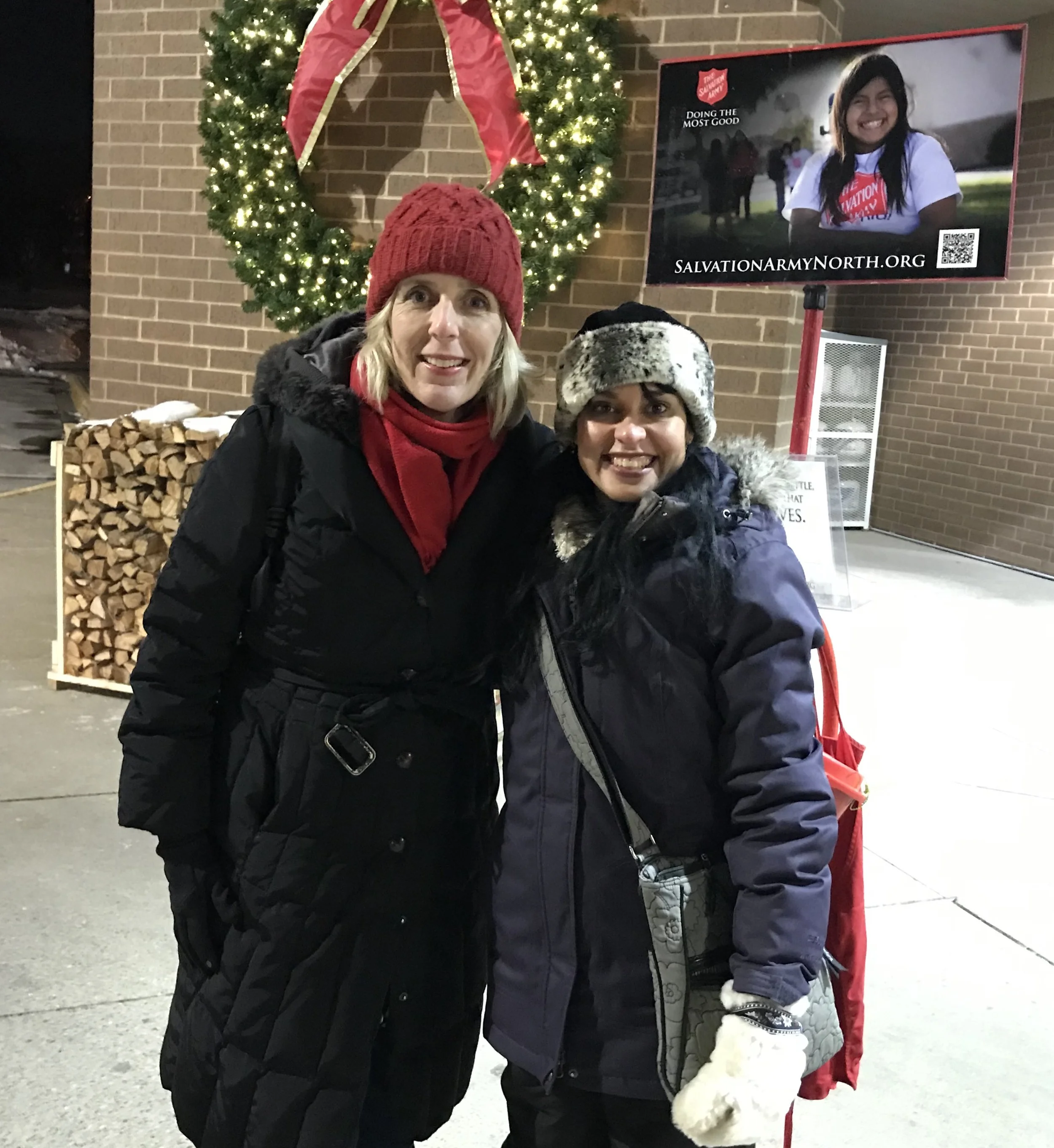“In the morning I deliberately walk slower than my usual frantic pace, put my phone away, and take time to look around and enjoy the moment rather than worrying about the day ahead. ”
Self-care isn’t a “one-and-done” deal; we can’t simply check it off our to-do list. Instead, it’s identifying, implementing, and repeating those little habits which build a foundation for mental, emotional, and physical health.
Seven Mostly Small Self-Care Habits:
Photo by Hans-Peter Gauster on Unsplash
Warm Palms Warm Eyes: In spite of the fact that this tip reminds me of a childhood nightmare I had where my cousin Mark's eyes stuck to the palms of my hands, I think this tip is valuable (but maybe just do it to yourself and not someone else, and close your eyes!). Simply, rub your palms together to warm them and lightly rest them on your closed eyes, while having your fingers sit on your forehead. This form of biofeedback can help young and old improve their state of mind!
Mini Vacation: Just as we learned from the adult coloring book craze, there are many activities (i.e puzzles, mazes, dot-to-dots, Sudoku, and crossword puzzles etc.) that can bring us to places where the cares of daily life drop away as we focus on the "here and now". A great alternative to the world of being “plugged in” might include a mini vacation similar to these. I’m thinking that once our Christmas tree comes down, I know the perfect spot to put a table that will hold a puzzle that invites our family to take a daily mini puzzle vacation.
Build In Some Slow Moments: My beloved husband frequently is heard saying, “Speed kills.” More often than I’d like to admit, my pace causes me to miss details, but this week it had me leave home with the steamer still on and a husband and dog asleep in the house! Not good!! Next week I am going with Sam Boardman, M.D. when he says, "In the morning I deliberately walk slower than my usual frantic pace, put my phone away, and take time to look around and enjoy the moment rather than worrying about the day ahead." To further incorporate mindfulness, pay complete attention to something that is usually done on autopilot (i.e. brushing teeth, driving, eating etc.). This is a strategy that helps fight the stress created by “monkey mind”. I know one thing, to slow down in the morning, I will need to take care of a few things in the evening, but it will be worth it!
Try Acupressure: Try one of these pressure points for better self-care: (1) PC 6: three finger widths up from your wrist, (2) LI 4: the webbing between the forefinger and the thumb, and (3) G 20: below the base of skull in the hollows on each side. Do this by applying gentle to moderate pressure and/or circular rubbing for as long as it is comfortable up to several minutes. Maybe try 20-30 seconds and then take a little break and repeat. Some have reported successfully using acupressure on these points to reduce short term blood pressure. Might help with Whitecoat Syndrome?!
Routinize: Analyze the areas that can be turned into a routine to avoid “reinventing the wheel” and proactively take care of ourselves. This might mean we set a routine for decluttering, dealing with dishes, what to wear, what to eat, when to exercise, getting together with our friends, so-on-and-so-forth. In other words, use routines to both deal with the mundane and prioritize the important over the seemingly urgent.
Small Changes Big Changes: There is value in making big dramatic changes when it comes to getting habits to stick. I overhauled what I eat suddenly and dramatically, and that was highly effective. Since then, though, I have fine tuned by making tiny tweaks. If one approach isn’t working try the other or a combination. Changing our diet, our purchasing habits, the company we keep, our mindset etc. can often successfully occur through small incremental changes, so if big and dramatic is failing give it a try.
Help and Invite Help: “Carry a bag, open a door, or pick up an extra carton of milk for a neighbor. Make a small connection. Have a few sentences of conversation with someone in customer service such as a sales assistant or barista.” AND be willing to ask for help—big or small, but reach out.
Wendy Dellis is a certified wellness coach. She joins years of training and work in the area of behavior change, experience as a fitness instructor and run club coordinator with a passion for adventure and people. She lives in Minnesota with her husband, Jay, and two sons.
Salvation Army bell ringing routine!
The information contained on this page is for general information purposes only. Nothing here should be construed as medical or healthcare advice, but only topics for discussion. No physician-patient relationship exists; please consult your physician before making changes in diet or lifestyle.



